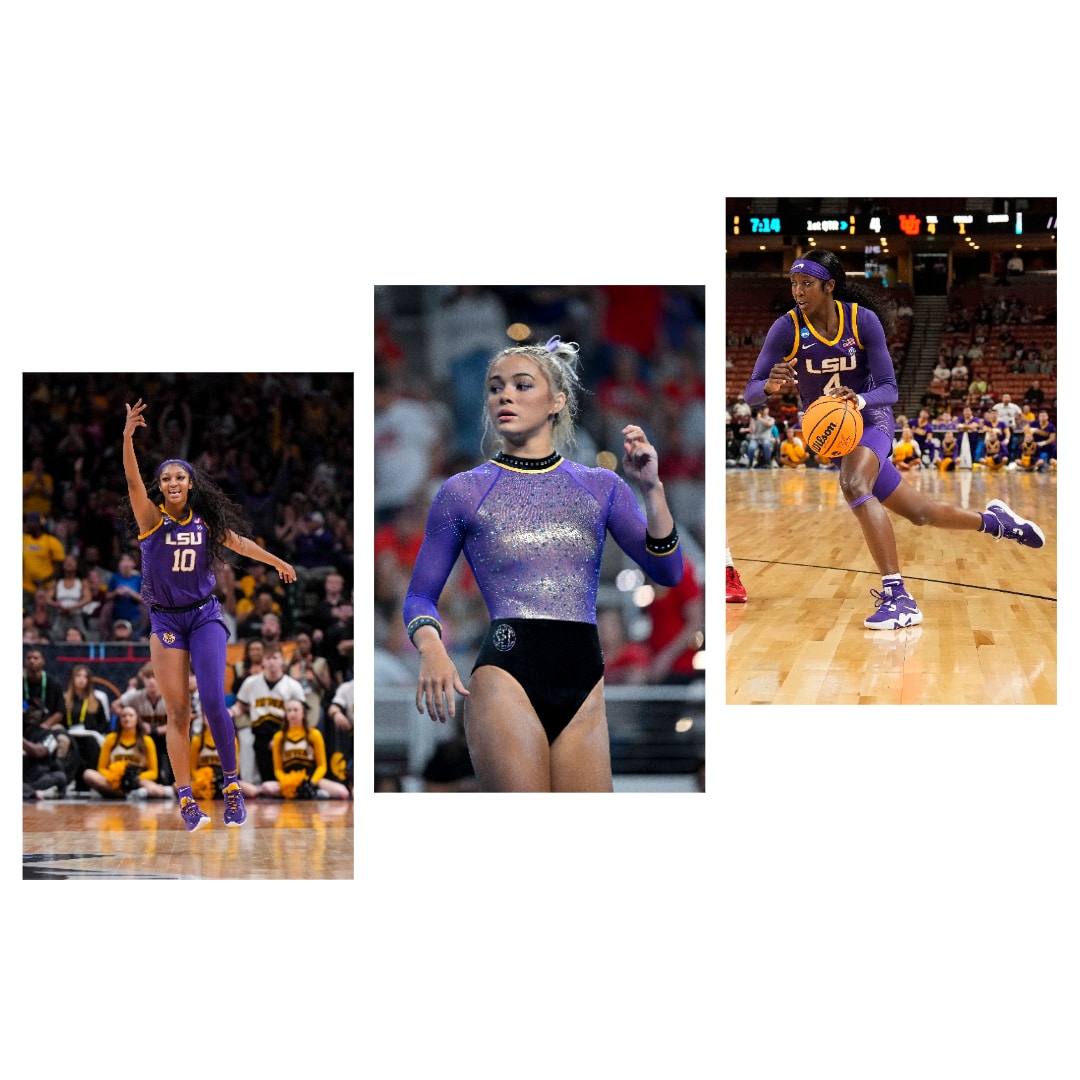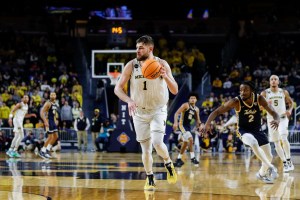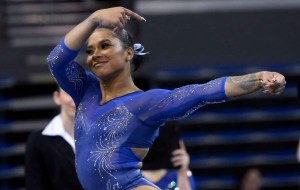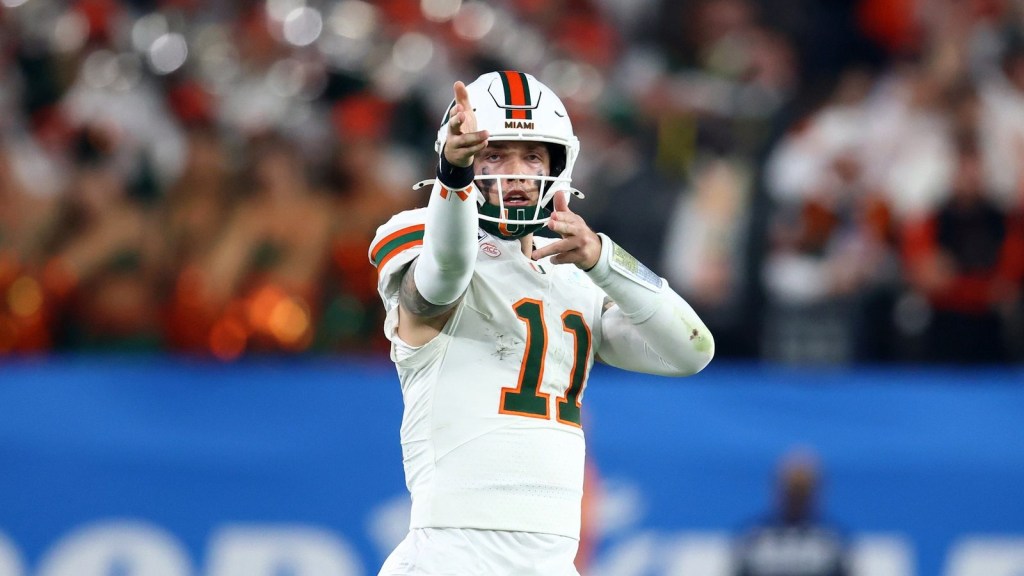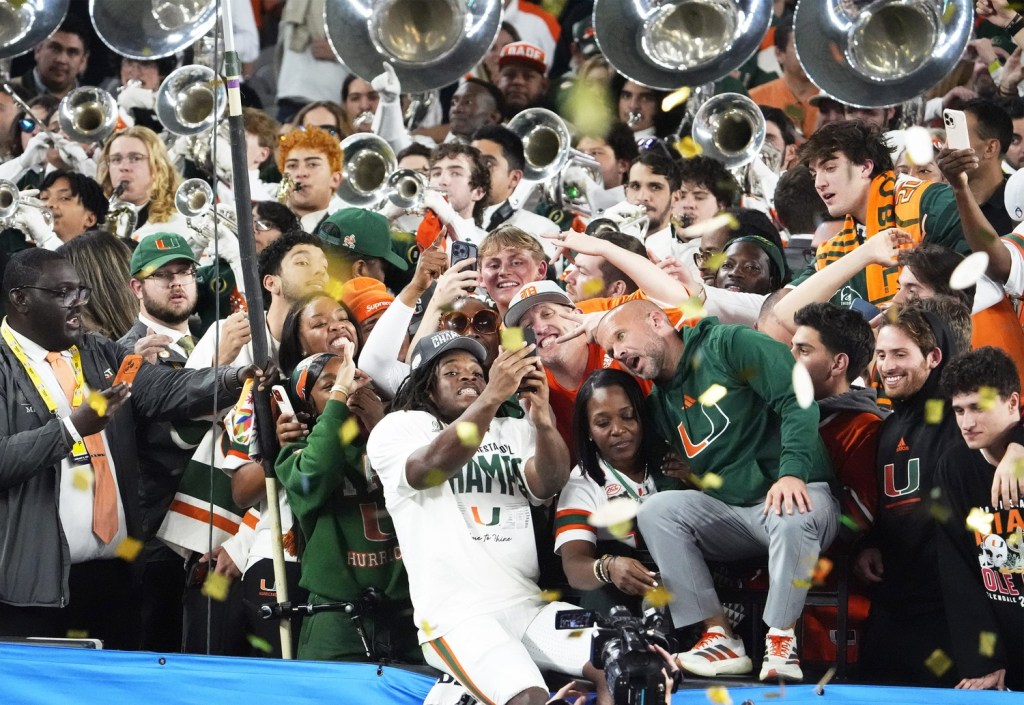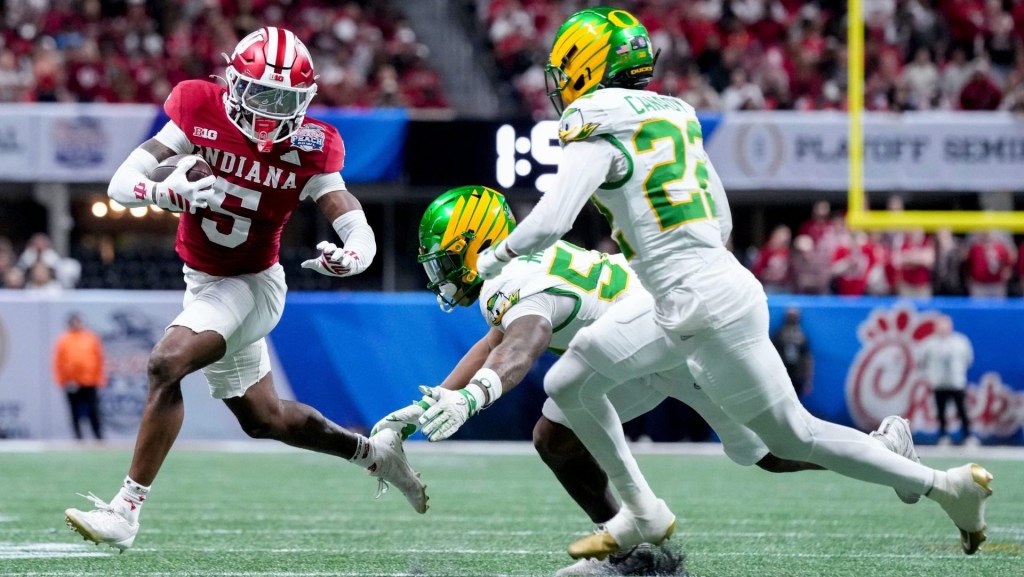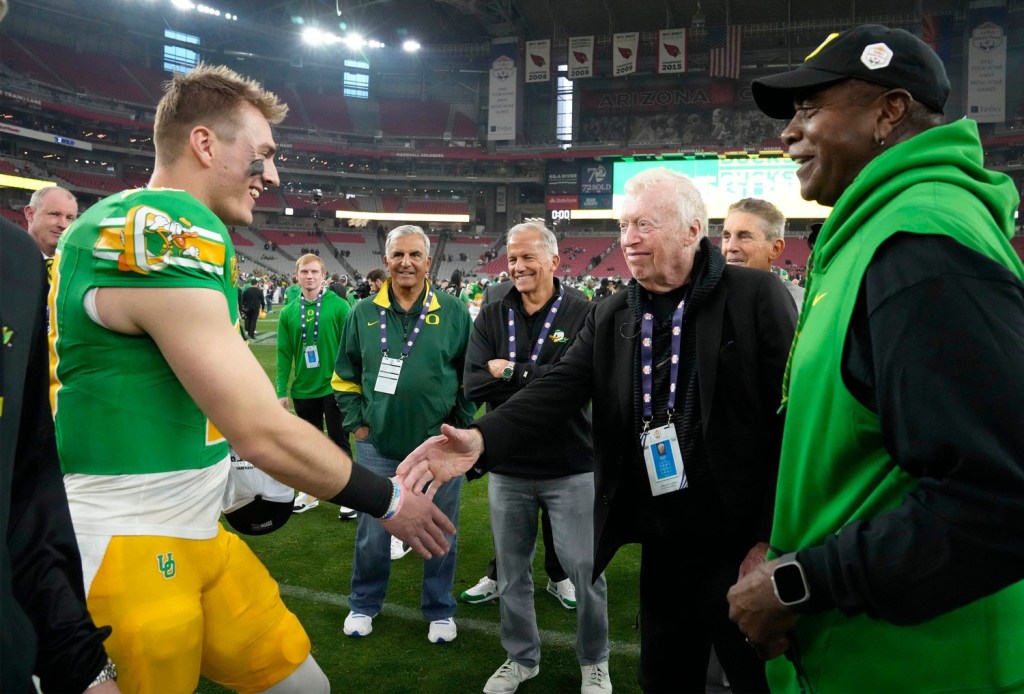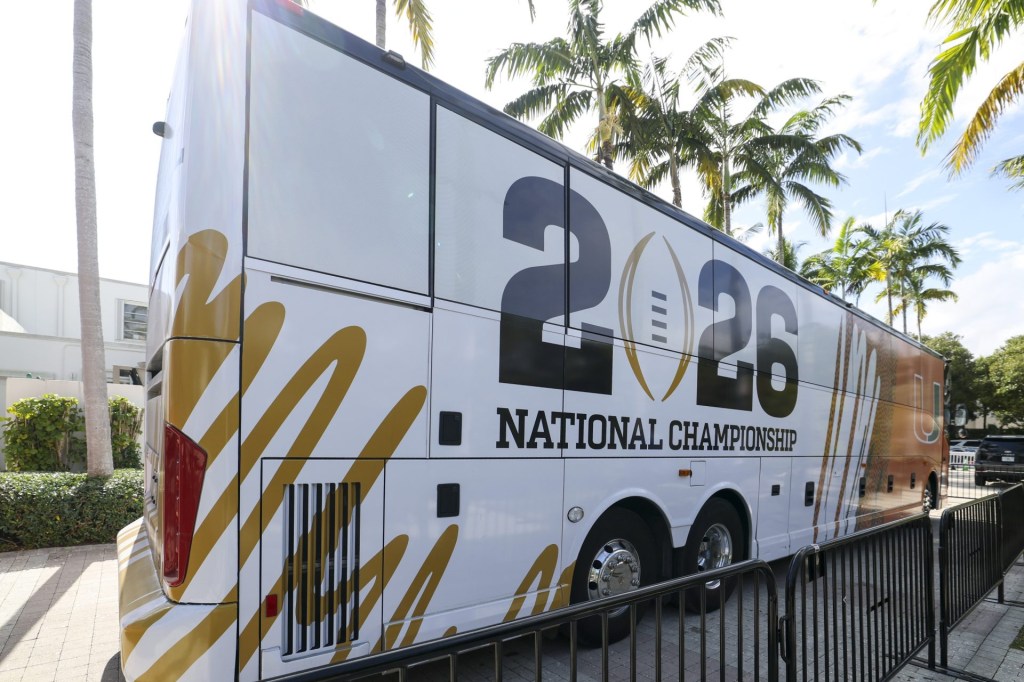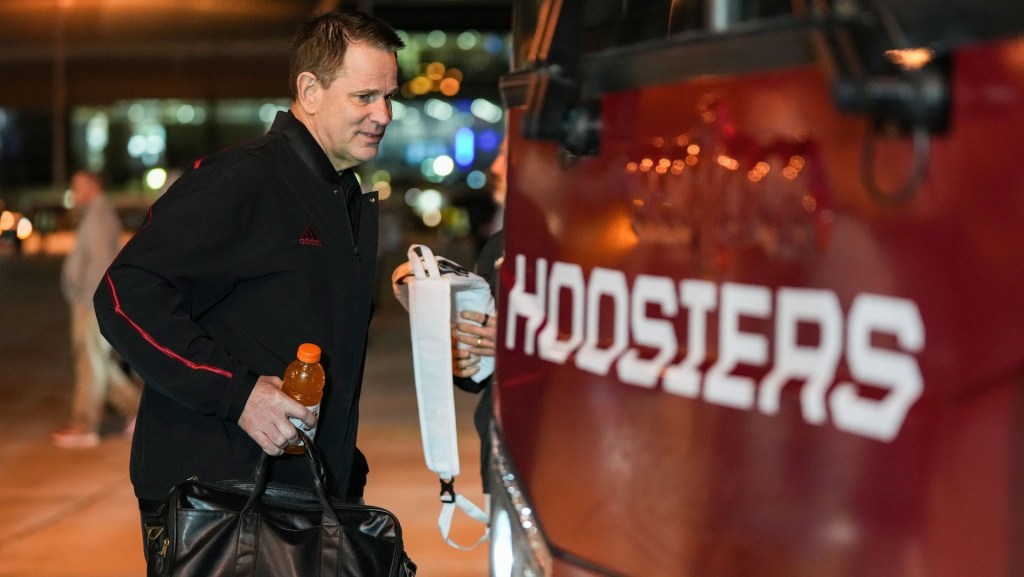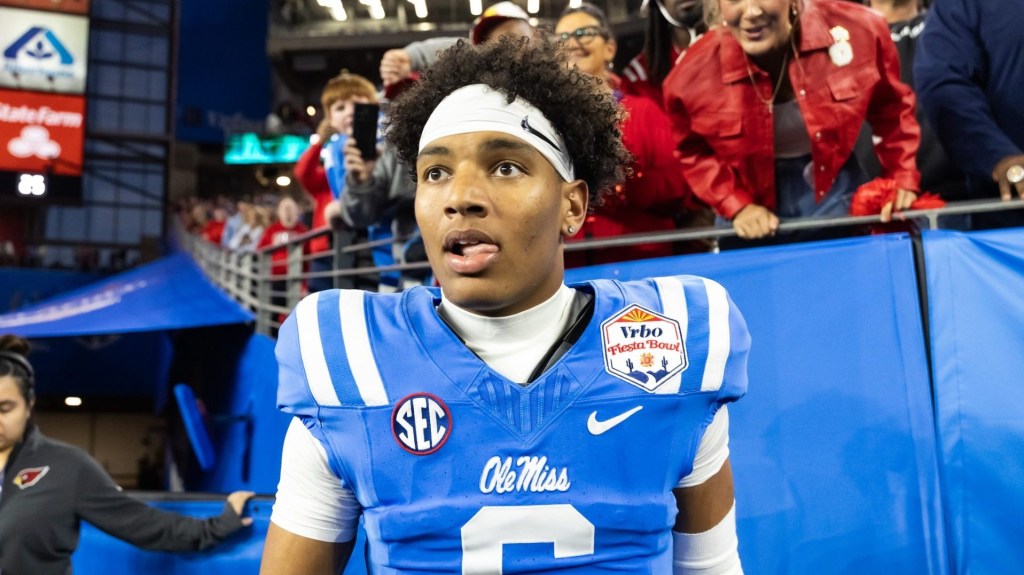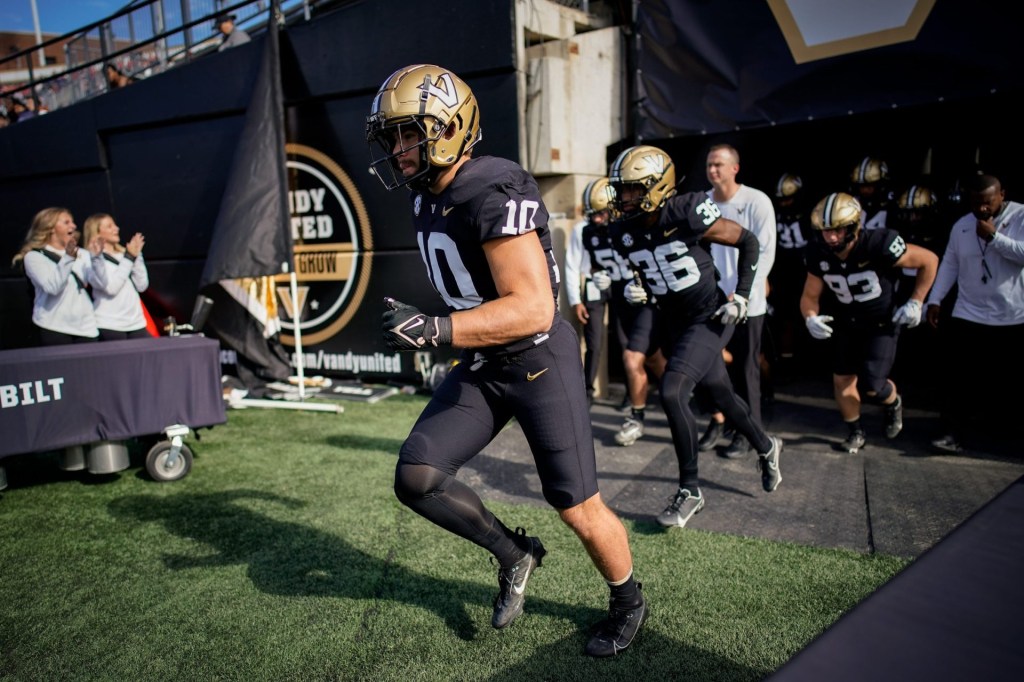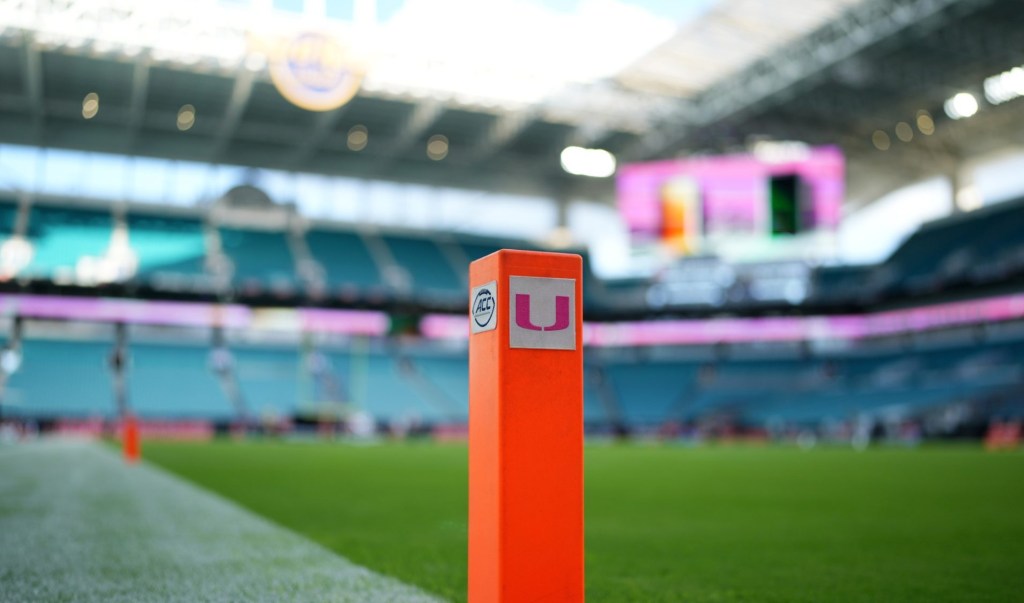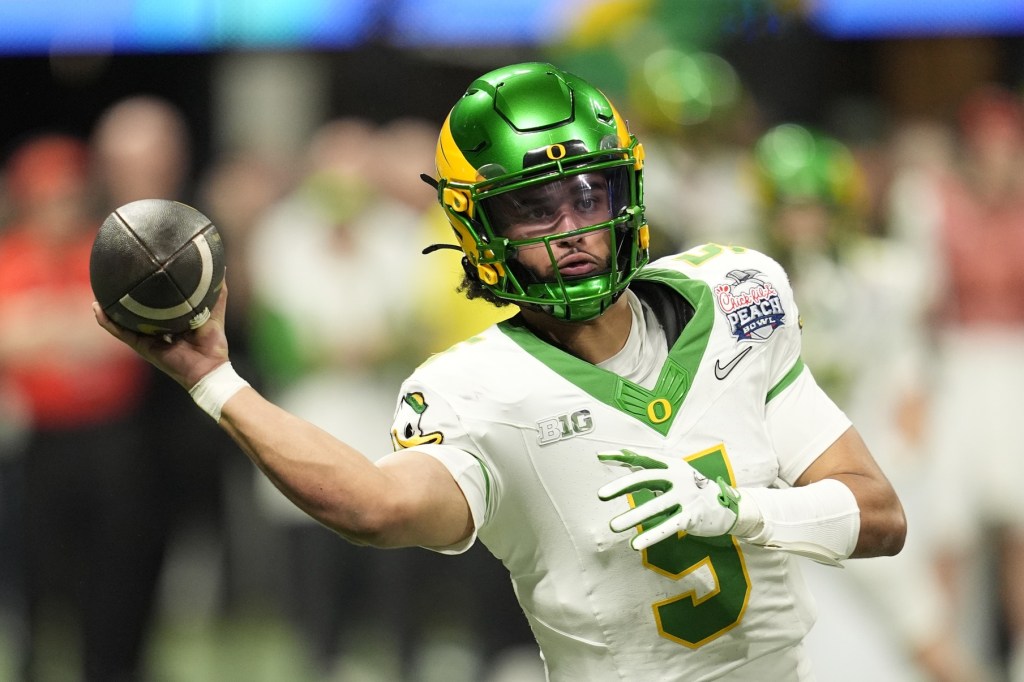On the first day of the name, image, and likeness era, LSU gymnast Olivia Dunne was featured on a billboard in Times Square in New York City.
It was a metaphor for Dunne and LSU’s entire department. The school has taken over the NIL world, building a robust support program, helping athletes reach the top of the NIL landscape, and recruiting heavy-hitting earners.
Going into the summer, the school boasts four of the top 10 women’s sports athletes with top annual NIL earning potential — and has swept the top three spots, according to On3:
- Gymnast Olivia Dunne (who ranks second overall of any athlete in the NCAA), $3.4M
- Basketball player Angel Reese, $1.4M
- Basketball player Flau’jae Johnson, $812K
- Basketball player Hailey Van Lith, $506K
(While it’s impossible to know just how accurate these valuations are, Reese has repeatedly confirmed that she’s making more in NIL than she would with a top WNBA contract.)
Of course, luck was involved. Stars like Dunne and Johnson, a rapper who has a deal with Roc Nation, have built up their own NIL potential while at LSU. Winning a national championship helps too.
But the overall success of the department is no accident.
LSU Latches Onto NIL
Taylor Jacobs, the athletic department’s director of NIL, told Front Office Sports that the success began with an attitude of embracing NIL.
That’s part of why the school landed legendary women’s basketball coach Kim Mulkey.
“She was then able to see how she could really use [NIL] in recruiting from the stance of, ‘Hey, our school is investing in NIL,'” Jacobs said. “‘They are choosing to believe in it, which means they believe in our athletes. Which means you can come here and have opportunities.'”
Mulkey told reporters during the Final Four that she wanted nothing to do with NIL. “It’s too much,” she said. “I just want to coach.” So she designated an assistant coach as the full-time women’s basketball NIL liaison.
The main draw for recruits is to build a dynasty under a legendary coach, but it would be naive to think NIL didn’t play a role in these athletes’ decisions.
The team is building a star-studded roster for next season, including NIL star Hailey Van Lith, who transferred from Louisville, and DePaul transfer Aneesha Morrow — whose transfer announcement video was a NIL deal with Caktus AI, which has relationships with multiple LSU players.
“When I meet with transfer recruits, and I tell them about our program, they’re like, ‘Wow, that was not what it was like at my previous school,'” Jacobs said.
High-profile players like Reese have entire teams around them, so Jacobs plays a supportive role, like helping coordinate on-campus shoots or answering compliance questions. But the top earners are just the tip of the iceberg.
Building A Support System
During an ESPNW Summit panel on NIL, Jacobs described how many athletes come into her office skeptical about how successful they could be with NIL, saying, “‘I’m not Angel. I’m not Livvy. But I want to try.'”
“We can’t be their representation, but we can educate them through everything,” Jacobs said. “Who are you, and what do you stand for? What are your core values? What businesses do you want to target that we can teach you how to pitch?”
The program has set up mandatory financial literacy education sessions, brand-building advising, and educational social media content. It’s also built a strong relationship with Bayou Traditions, the local NIL collective.
Managing a NIL collective is vital to a successful NIL department — NCAA rules allow athletic department officials to endorse and fundraise for the collective. And while the word has gained a negative connotation, athletes without national notoriety have benefited from deals that collectives give or help them find.
While it’s unclear how much money the collective has now, it started with seven figures in donor funds, according to The Advertiser. Like many collectives, it offers payment plans for access to exclusive content that range from $100 to $50,000. The collective also helps set up corporate sponsorships.
“We make NIL deals more accessible, allowing student-athletes to gain finance and business experience without compromising their focus on studies and sports,” the Bayou Traditions website reads. “NIL is a competitive space and now influences where an athlete attends college. We need the tiger community to join us and keep LSU at the forefront of NIL.”
Women Athletes Soar
Jacobs advocates with the collective to support female athletes in particular — and noted that the success of stars like Reese had galvanized support for women’s sports athletes at LSU across the
But while LSU has made headlines for its top NIL earners, it’s an example of a program that’s helping athletes across the board profit, no matter how famous they are.
“There is so much negative context around NIL,” Jacobs said. “When a student-athlete comes to my office and says, ‘This deal was so much fun, the photo shoot was so much fun, I learned so much.’ That is the most rewarding thing.”
“I just want to look at all of the [NIL] haters and be like, How can you not see that and say, ‘Man. This is really great. This is really cool.'”
